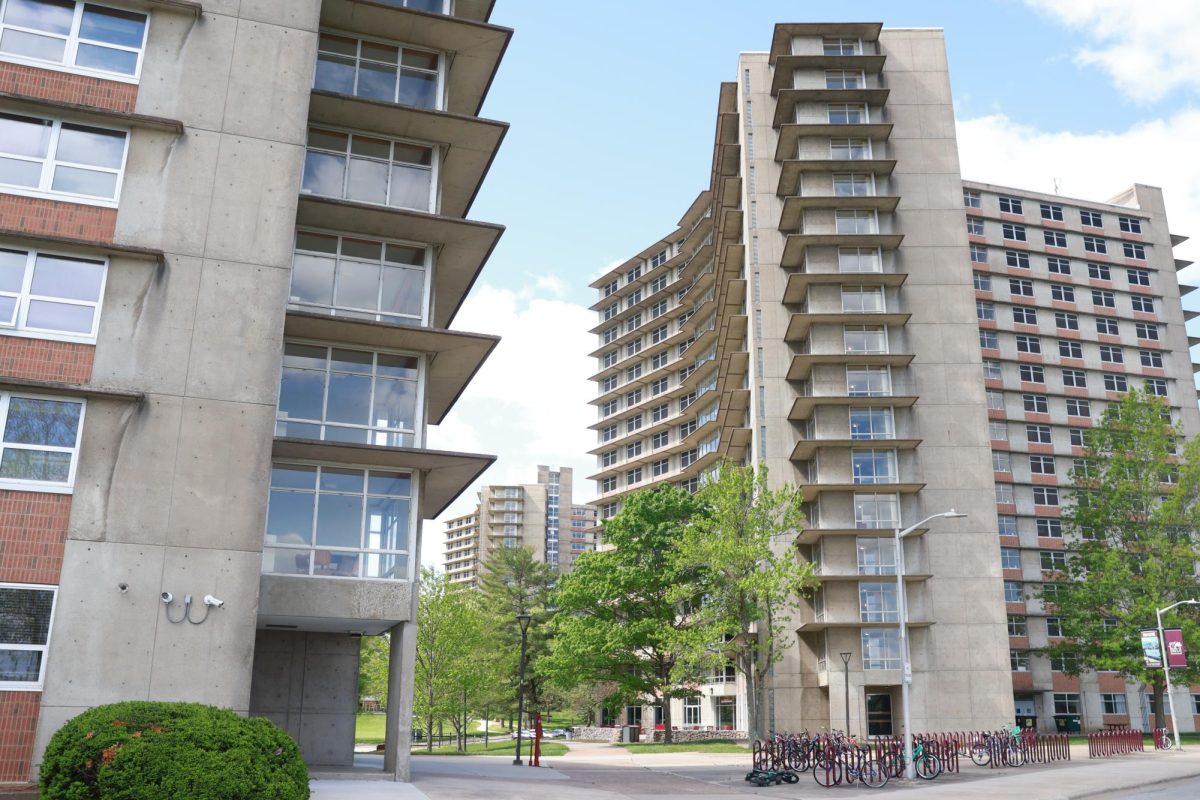Project brings access to water in Kenya
December 4, 2011
For Americans, turning on a faucet to wash their hands or take a shower is a daily part of life, but for the average Kenyan citizen, water is scarce.
Shoeman Water Projects, a non-profit charity, collects new and used shoes and donates them to retailers in developing countries, who then sell the shoes and use funds for well-drilling rigs and water-purification systems to Kenyans in need of clean water. The Shoeman project has collaborated with SIUC and is collecting shoes for a well to be drilled in Kasarani, Kenya.
The Shoeman project will be collecting donations of shoes until Dec. 15. Boxes are placed on the north side of the Student Center, and volunteers ask that all shoes be tied together.
Advertisement
Nearly 1.1 billion people lack access to clean drinking water, according to the Shoeman website. Hygiene-related diseases and the lack of sanitation account for almost 2.2 million deaths each year. In Kenya, 57 percent of the population has access to clean drinking water, and Kenya is classified as a water-scarce country.
Ruth Manyara, a senior from Kijabe, Kenya, studying event planning, said her parents set up feeding centers through various churches in Kenya, and offered children a free meal once a day. She said many places where the feeding centers are located are in a dry area where there is no access to water.
She said after she and her parents met Vic Hammer, a volunteer for the Shoeman project at Vine Community Church in Carbondale, her parents explained the need for clean water in Kenya and they began to make plans to raise money for wells at the feeding centers.
Hammer, of Sparta, has volunteered with the Shoeman project for three years and said after he talked with Manyara’s parents, he felt connected to their situation and wanted to help.
“I’ve seen people walk five miles to a dirty stream — the same stream where cattle are drinking and relieving themselves — (to wash) their clothes,” he said. “Kids are bathing and this is where they are getting their water.”
He said he will never forget how people rationed their water, and how precious it was because it was so far away.
Manyara said she has rationed water before and understands how badly communities need clean water. She said she went to her parents’ feeding center two years ago, and although the people were extremely poor and in need of water, she saw children who were still joyous.
Advertisement*
Peter Gitau, Kenyan native and associate vice chancellor of Student Affairs, said a chance for SIUC students to connect with people in Africa is a great experience for students to enhance themselves culturally.
He said he remembers growing up and traveling long distances for water, and the best way to improve life for the people of Kenya is to make sure they have clean water.
“You can’t have cleanliness without water, and chances are if you have to travel far to get a bucket of water, you are going to use the water for what is considered very critical,” he said. “Over here, when you go to the bathroom there is a running tap; if you wear a shirt one day, you can clean it; you can take a shower because water is available. Those are not things that people would do that often when you have to go five miles for a bucket of water.”
He said the Shoeman project allows students to engage with Kenyan citizens other than through media. He said whether students make donations of time, money or actually travel to Kenya, it allows them to be involved globally.
Manyara said she wants people to realize getting water through a tap is a privilege.
“It’s hard to understand when you’re living where you’ve never had to go without water or never had dirty water come out your faucet,” she said. “You take it for granted.”
Advertisement








